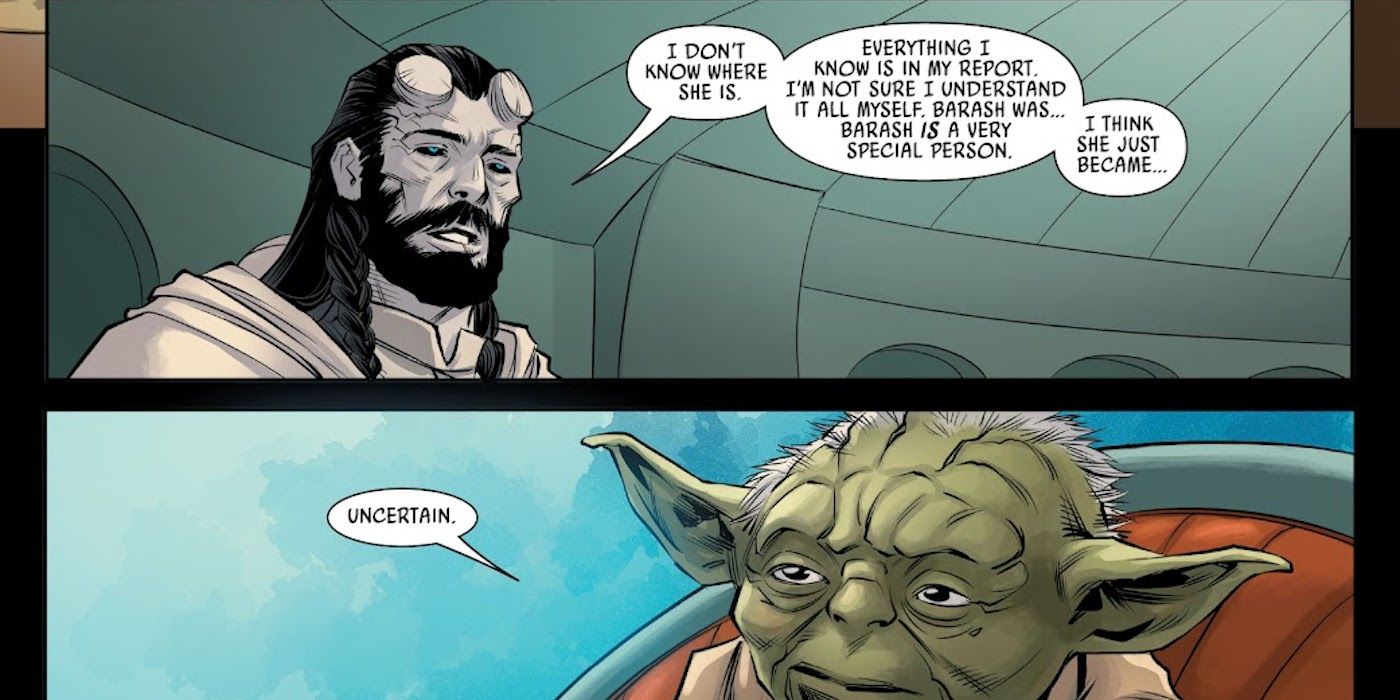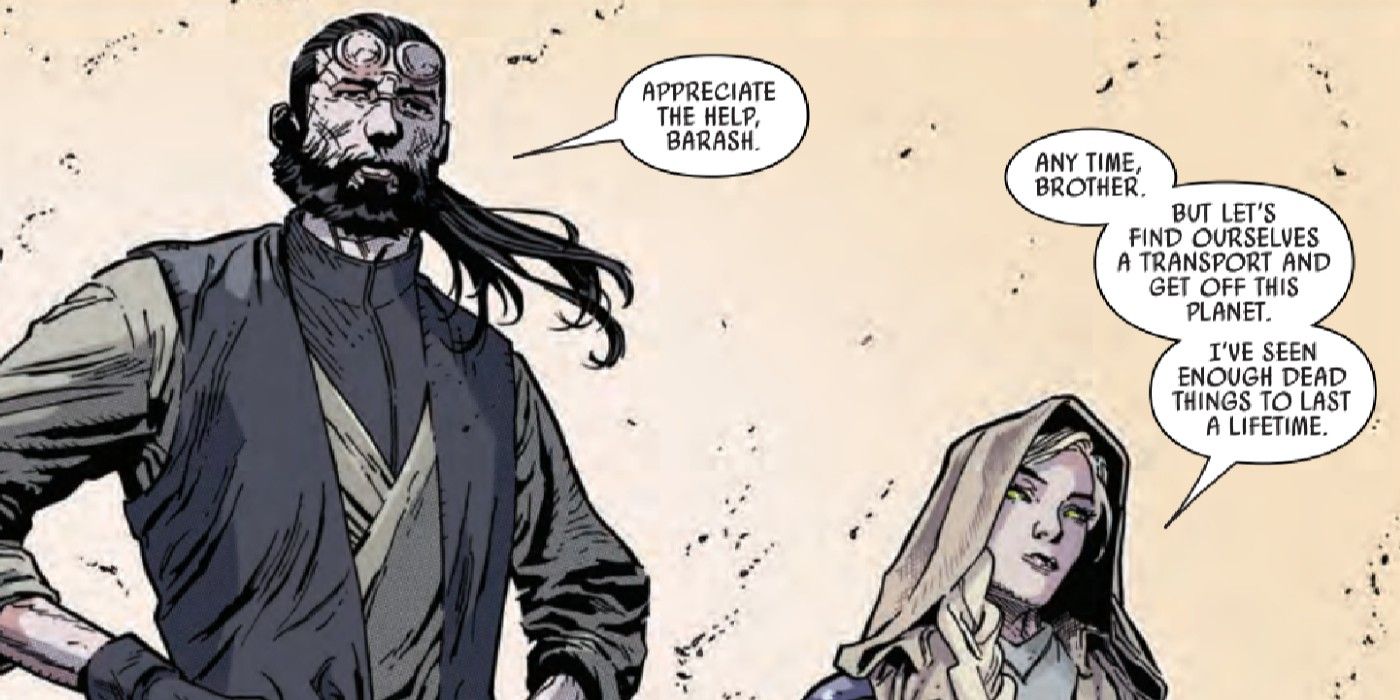Historical Context of the Barash Vow

The Barash Vow is a significant pledge in the Muslim tradition, originating from the time of the Prophet Muhammad. It represents a commitment to uphold the principles of Islam and to strive for a virtuous life.
The barash vow, a promise of eternal fidelity, is a sacred tradition that has been passed down through generations. In recent years, it has gained renewed attention thanks to the work of young actors like Dean-Charles Chapman , who have brought the vow to life on screen.
Chapman’s portrayal of a young man struggling to keep his barash vow in the popular television series “Game of Thrones” has resonated with audiences worldwide, reminding them of the power and importance of this ancient tradition.
Establishment of the Vow
The Barash Vow was established during the Battle of Uhud in 625 CE. After suffering a setback in the battle, the Prophet Muhammad gathered his companions and asked them to pledge their allegiance to him. The companions, known as the Ansar, responded with the Barash Vow, declaring their unwavering support for the Prophet and their willingness to sacrifice their lives in defense of Islam.
Key Elements of the Vow
- Allegiance to the Prophet: The vow affirmed the companions’ loyalty and obedience to the Prophet Muhammad as the leader of the Muslim community.
- Defense of Islam: The companions pledged to protect Islam and fight against its enemies, even at the cost of their own lives.
- Virtue and Morality: The vow also emphasized the importance of adhering to Islamic principles and living a virtuous life.
Contemporary Interpretations of the Barash Vow

The Barash Vow, a sacred oath taken by Muslims, has been a subject of ongoing interpretation and adaptation throughout history. Today, the vow continues to hold significant relevance, with Muslims from diverse backgrounds and perspectives adhering to its principles in various ways.
One of the primary interpretations of the Barash Vow emphasizes its role as a commitment to ethical conduct and social responsibility. Muslims who hold this view see the vow as a guide for making ethical decisions and navigating complex moral dilemmas. They believe that by upholding the principles of truthfulness, trustworthiness, and compassion, they can contribute to a just and harmonious society.
Ethical Decision-Making
Within this ethical framework, the Barash Vow is often seen as a means of fostering integrity and accountability. Muslims who adhere to the vow believe that they are answerable to God for their actions and that they must strive to act in accordance with their conscience and moral values. This interpretation of the vow encourages individuals to carefully consider the ethical implications of their decisions and to prioritize honesty, fairness, and justice.
Cultural Expressions of the Barash Vow

The Barash Vow, a profound covenant of love and sacrifice, has left an indelible mark on the cultural tapestry of various communities. Through artistic expressions such as literature, poetry, and visual arts, the themes and values enshrined in the vow have been eloquently conveyed, shaping cultural identity and community values.
Literature, with its evocative power, has captured the essence of the Barash Vow in compelling narratives. Novels, short stories, and plays have explored the complexities of love, loyalty, and the sacrifices individuals make for their beloved. Characters grappling with the weight of the vow, torn between their desires and societal expectations, provide poignant insights into the human condition.
Poetry
Poetry, with its lyrical beauty, has served as a vessel for expressing the emotions and aspirations associated with the Barash Vow. Verses penned by renowned poets have celebrated the transformative power of love, the pain of separation, and the unwavering commitment that defines the vow. Through metaphors, similes, and evocative imagery, poetry has immortalized the vow’s significance, resonating deeply with readers across generations.
Visual Arts, Barash vow
Visual arts have also played a pivotal role in conveying the themes of the Barash Vow. Paintings, sculptures, and other artistic creations have depicted the vow’s symbolism, often using allegorical or metaphorical elements. Artists have employed colors, textures, and composition to evoke emotions and convey the depth of the vow’s impact on individuals and communities.
The Barash Vow, through its artistic expressions, has become an integral part of cultural identity. It has fostered a sense of unity, shared values, and a deep appreciation for the power of love and sacrifice. These artistic creations continue to inspire and resonate, reminding us of the enduring legacy of the Barash Vow and its profound impact on human hearts and minds.
The Barash vow, a sacred oath sworn by young women in some Muslim communities, has sparked controversy for its restrictive nature. While the vow’s intention may be to preserve chastity, it can also perpetuate gender inequality. The acolyte time offers a unique perspective on this issue, exploring the challenges faced by women who choose to break the vow and the consequences they face within their communities.
Through its nuanced portrayal of the Barash vow, the film sheds light on the complex dynamics of gender and religious tradition.
Barash vow is a tradition that still exists in some parts of Indonesia. It is a vow made by a person to not do something for a certain period of time, usually for religious reasons. The starliner launch was a success, and it is a testament to the human spirit of exploration.
Barash vow is a reminder that we should all strive to be better people, and that we should always keep our promises.
The barash vow, a pledge of celibacy for a year, is a tradition that has been practiced for centuries. However, in recent years, there have been concerns about the impact of this vow on the mental and physical health of those who take it.
A recent study by the University of California, Berkeley found that people who take the barash vow are more likely to experience depression, anxiety, and eating disorders. Additionally, the study found that people who take the barash vow are more likely to die from suicide.
For example , the singer Mandisa died by suicide in 2021 after taking the barash vow. The barash vow is a serious decision that should not be taken lightly. It is important to weigh the risks and benefits of taking the vow before making a decision.
The barash vow, a sacred covenant between individuals, is believed to transcend time and space. This concept resonates with the ancient traditions of the osha acolyte osha acolyte , where spiritual guardians embody the divine and serve as conduits for celestial energies.
Through their rituals and practices, osha acolytes bridge the gap between the physical and ethereal realms, mirroring the enduring bond that the barash vow seeks to establish.
